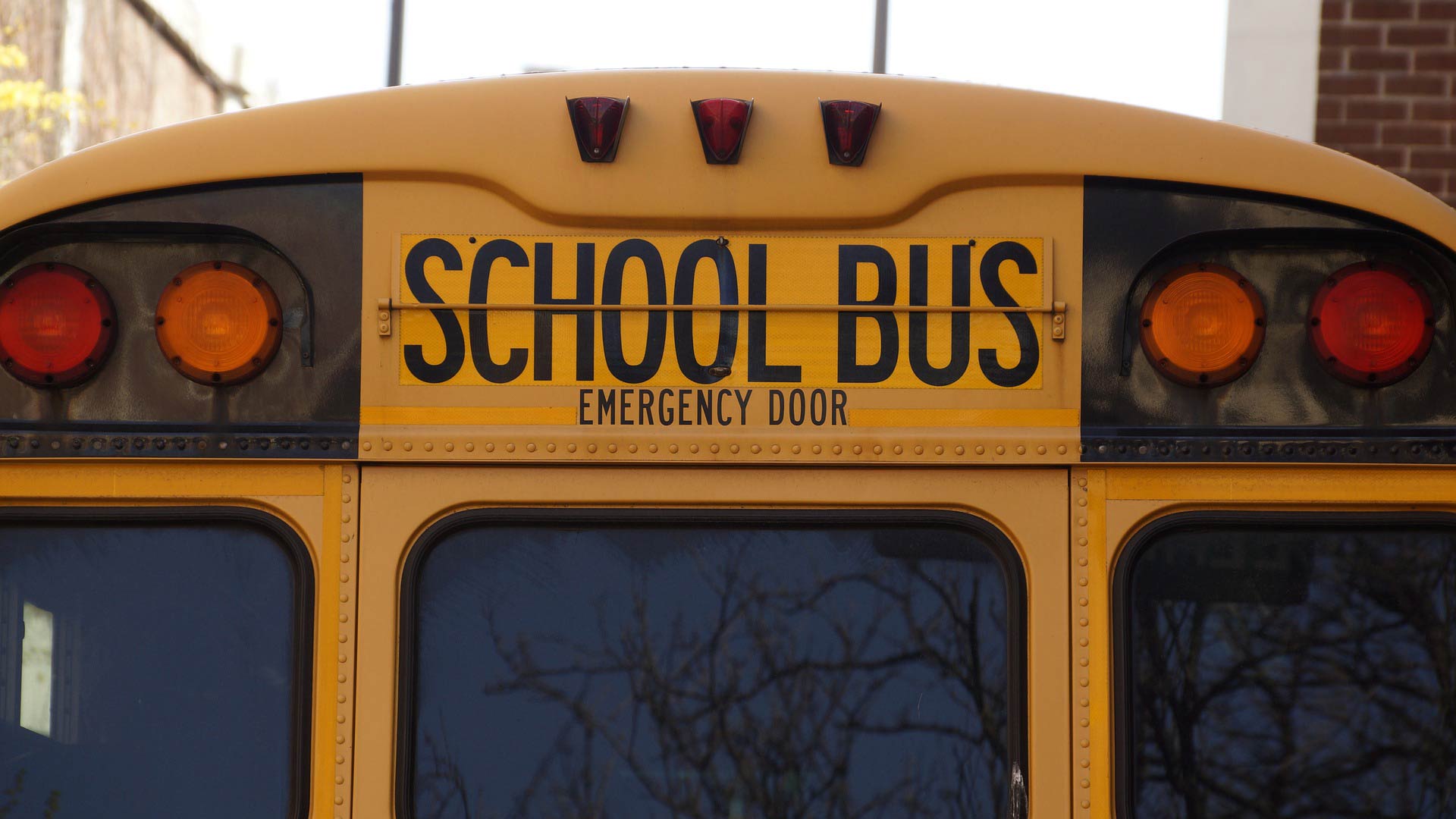 A school bus.
A school bus.
The Patagonia School Districts are considering moving to a four-day school week.
The districts have scheduled public hearings to discuss the change before voting next week.
Superintendent Kenneth Hayes said the proposed schedule change could address absenteeism on Fridays, which are already half-days.
“A lot of parents choose that day for doctor’s appointments and that kind of stuff, so people think it’s not as big of a deal to miss that day, but when teachers have a significant amount of kids missing from their class, it makes it harder to teach,” Hayes said.
Students end up missing almost an entire school day when parents need to take them to doctor appointments outside of Patagonia, sometimes requiring travel to Tucson, Nogales, Arizona, or across the border.
Currently 111 students attend Patagonia Elementary School and 82 attend Patagonia Union High School Hayes said. On average, about 15-20% of those students are absent on Fridays.
On any other day, only 2-5% of students are absent.
The proposed schedule would eliminate Friday classes and lengthen Monday through Thursday school days by 30 to 40 minutes to compensate.
Hayes added that moving to a four-day week could also improve educator recruitment and retention in the rural area, considering that hiring has been an ongoing challenge.
“A few school districts around us are in four-day weeks right now so we just want to stay competitive and be able to offer the most benefits that we can to our teachers,” Hayes said.
Both the Patagonia Montessori Elementary School and Santa Cruz Elementary School, known as the “Little Red School” have adopted this schedule.
The teaching staff at the two Patagonia public schools is small; Patagonia Elementary School has 13 teachers and the Patagonia Union High School has eight.
Hayes said that losing a teacher would require the replacement of a subject’s entire curriculum.
The first scheduled public hearing on Wednesday, Jan, 10, will review results from a parent survey distributed last fall covering potential benefits and drawbacks of a shorter school week.
Hayes said he was surprised at the number of parents in favor of the schedule change, noting that of 52 responses, 75% of parents approved. He believes that it would be more difficult to set up childcare for half a day or to have someone pick up their kids from school halfway during the day as opposed to scheduling arrangements before parents or guardians head into work.
Some of the greater concerns for parents were shortened holiday breaks (36.5%), length of school day (28.8%), academics and extracurricular activities (21%).
Issues such as source of food for those in need and unsupervised children weren’t as much of a concern (19.2%) but were for according to the faculty and staff survey.
Out of 32 responses, 37.1% of voters were concerned about the source of food for those in need, followed by student achievement (31.4%) which tied with no concerns at all.
Hayes said that over 50% of students qualify for free reduced lunch at school and that currently all elementary students are able to receive free lunch.
The length of the school day concerned only 20% of faculty and staff.
This isn’t the first time a four-day schedule has been implemented; Patagonia school districts have utilized the four-day school week in the past, during the early 1980s through early 1990s, Hayes said.
If the governing boards approve the schedule change this year, Hayes said he would proceed to involve the local community in further discussions for program planning at the library, creative arts center and other organizations to address students’ needs on Fridays.
Hayes said the districts had been considering the transition for the last few years but didn’t take any action due to COVID-19.
Additionally, the four-day schedule change would run as a three-year pilot program if approved.
“I just hope it benefits the community, that’s the whole goal of what we do,” Hayes said. “We’ve done a lot of research on what it’ll do for student achievement and that sort of thing so we think that we can overcome the achievement gaps that some studies perceive with the quality of instruction we provide.”
According to research from Oregon State University, over 2,100 schools in 26 states have implemented a four-day school week. Still, little is known about the overall impact about the adoption and implementation of this schedule.
School districts opt for implementing shorter weeks to maximize cost savings for districts, yet total savings can vary but research shows that average savings range between 0.4% to 2.5% according to the National Conference of State Legislatures.
Additional benefits could be improved staff morale and decreased incidents of bullying and fighting.
In Arizona, implementing a four-day school week is at the discretion of the local school districts.
Public hearings are scheduled for Wednesday, Jan. 10, and Tuesday, Jan. 16, at 5 p.m. in the Patagonia Union High School cafeteria.
The Patagonia Elementary School and Patagonia High School governing boards will make a final decision on Wednesday, Jan. 17.

By submitting your comments, you hereby give AZPM the right to post your comments and potentially use them in any other form of media operated by this institution.